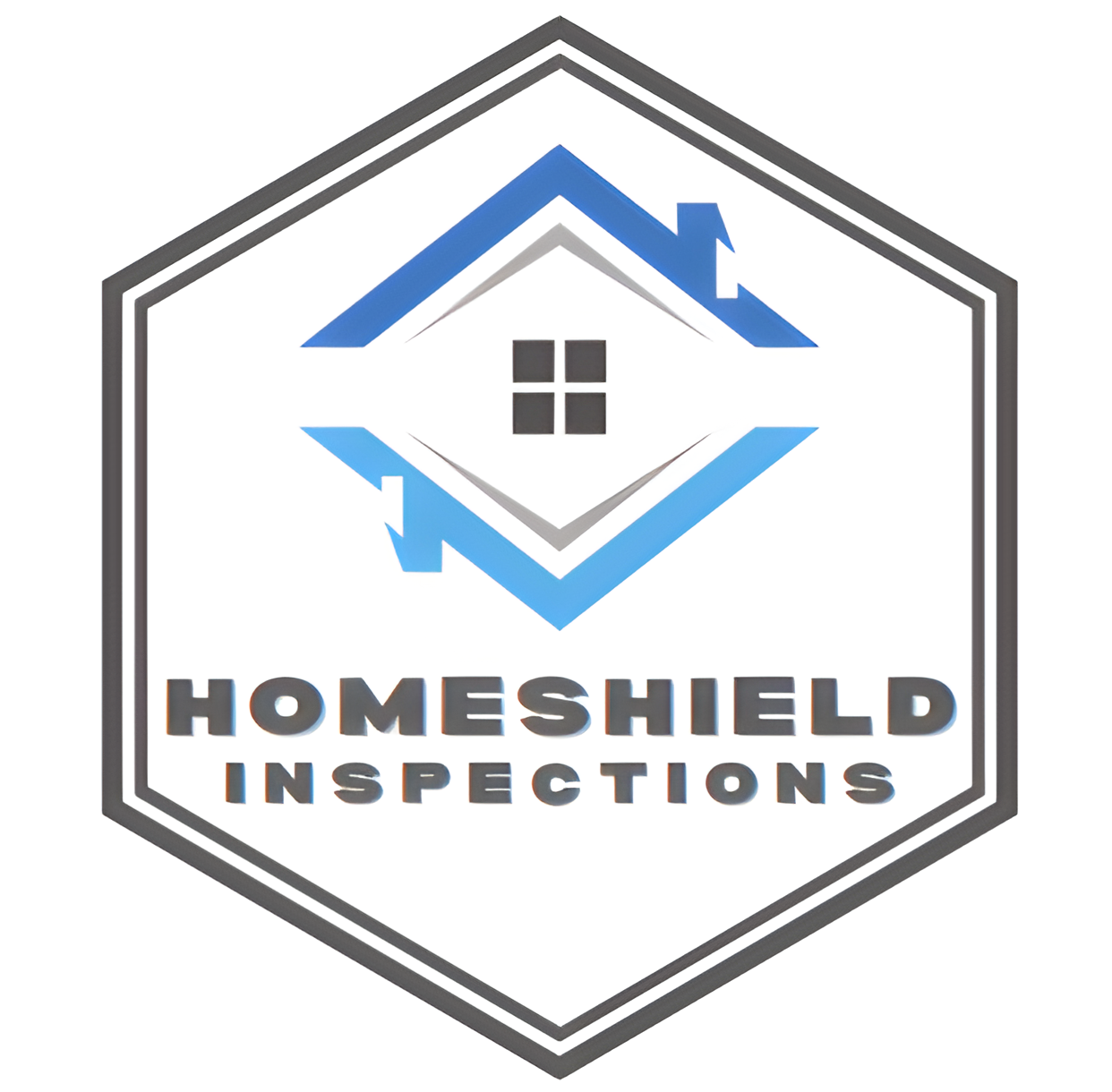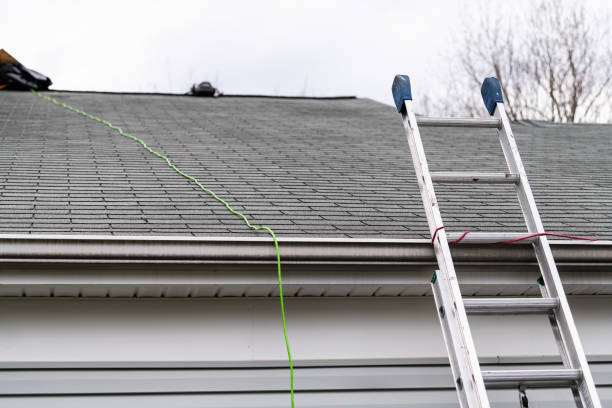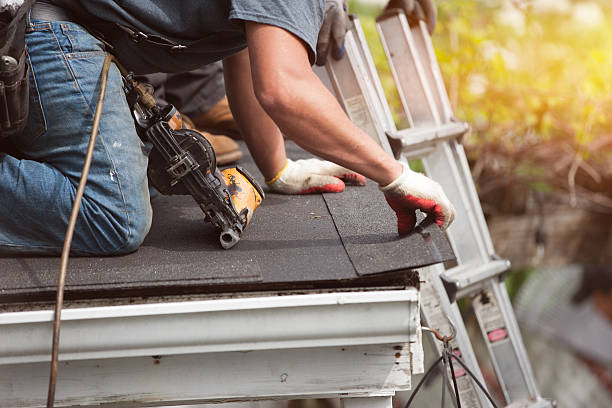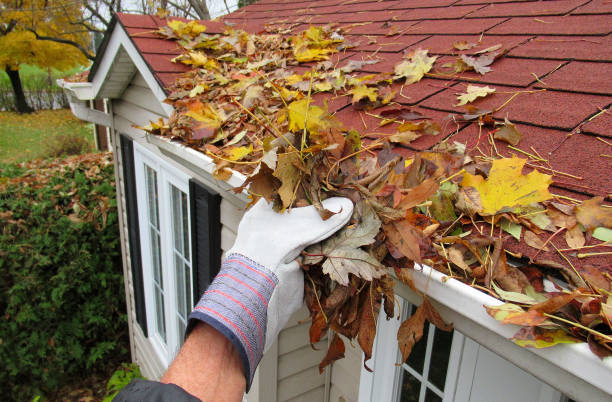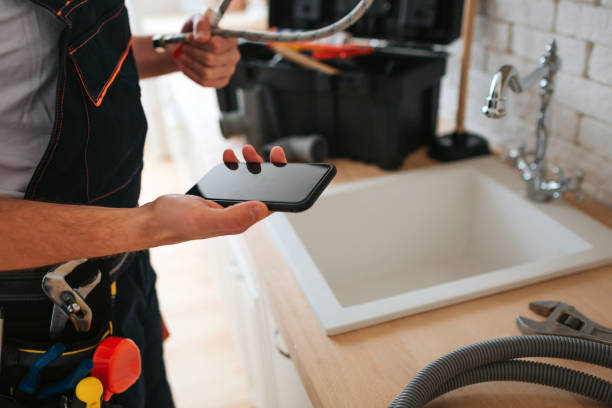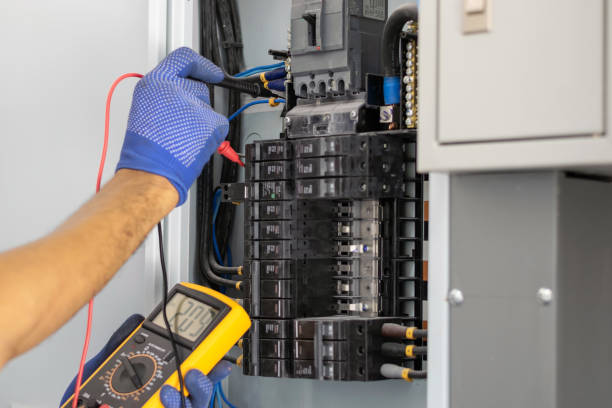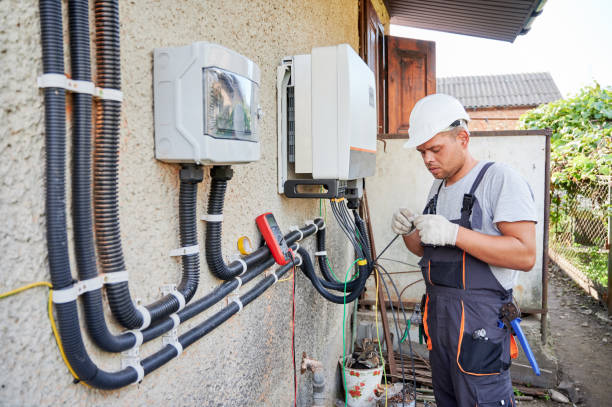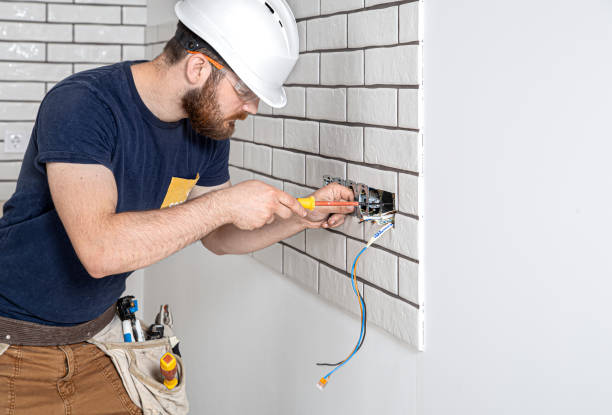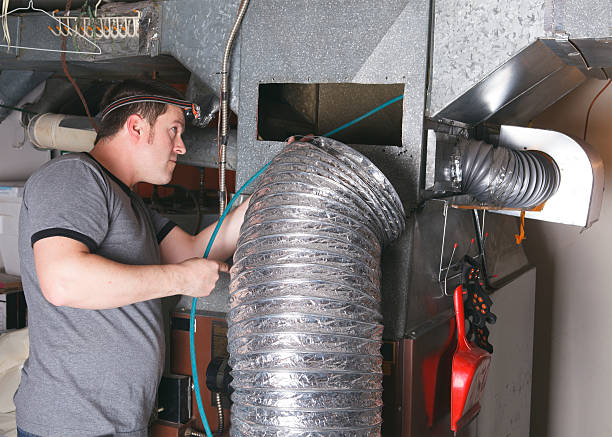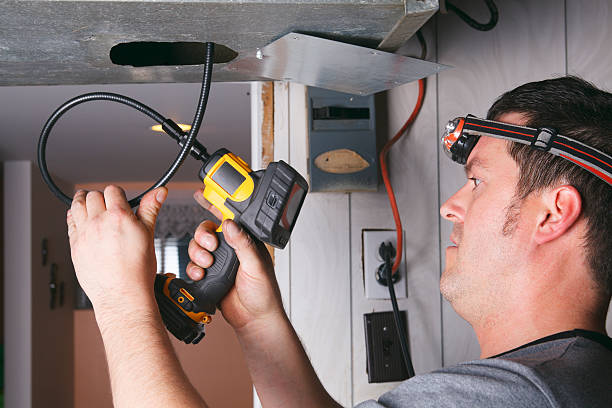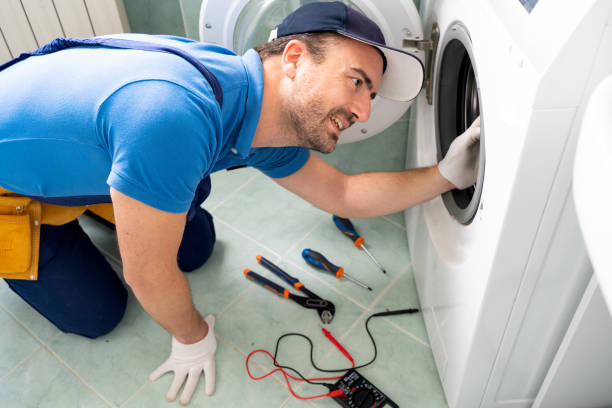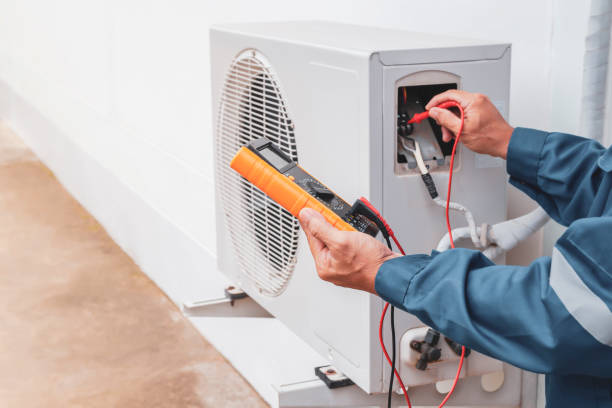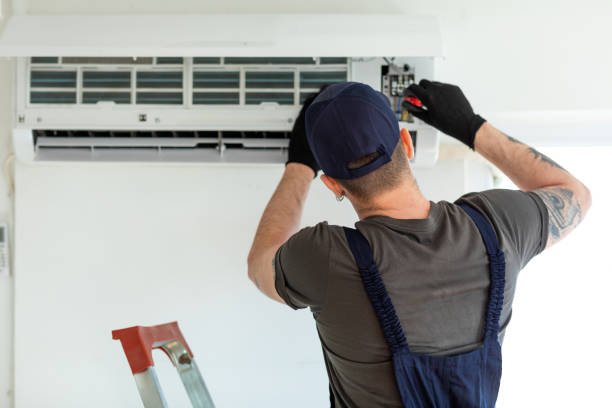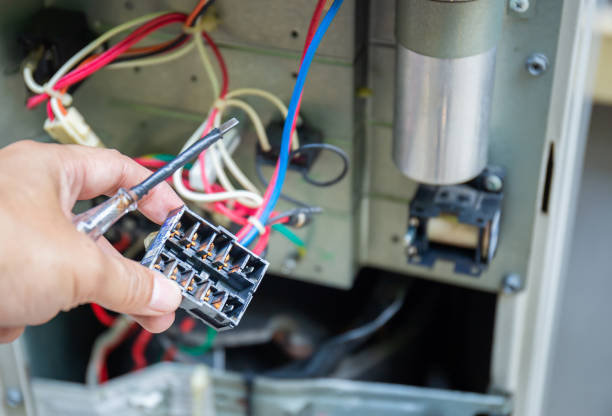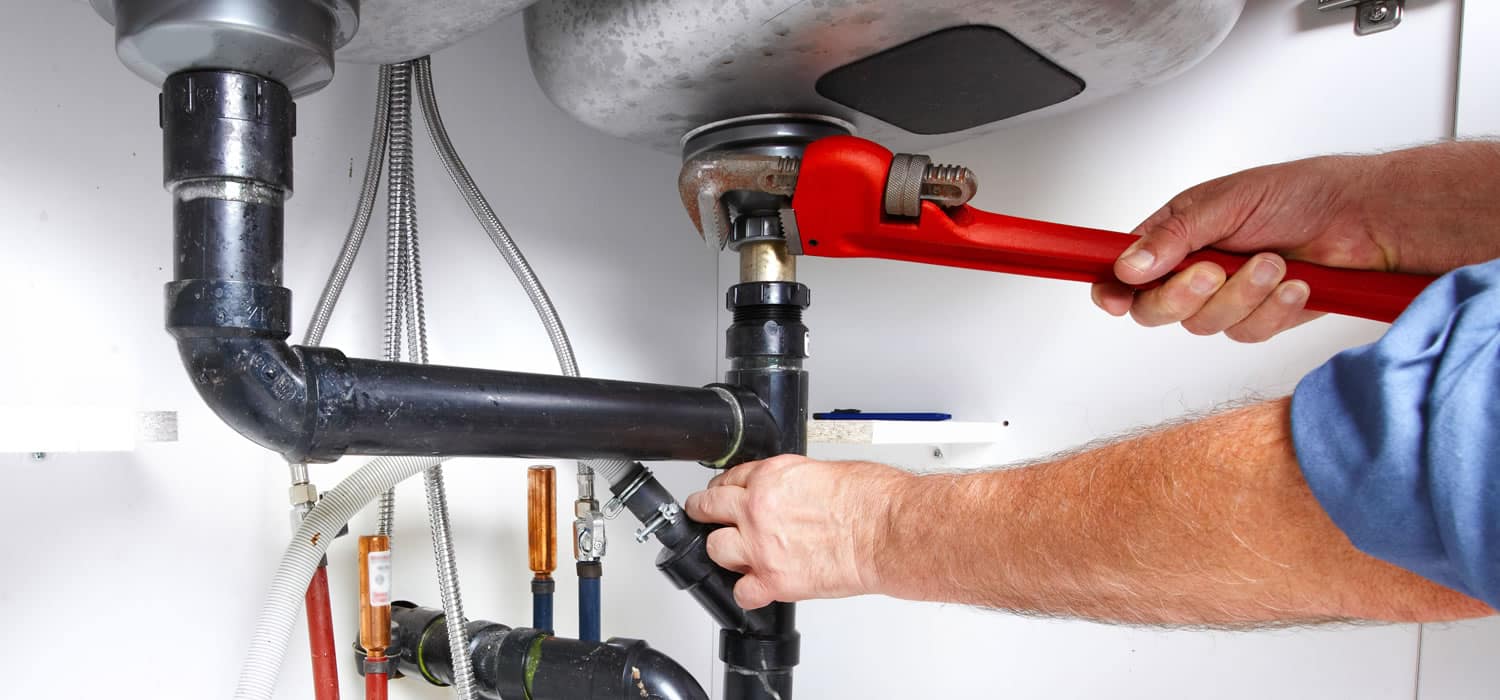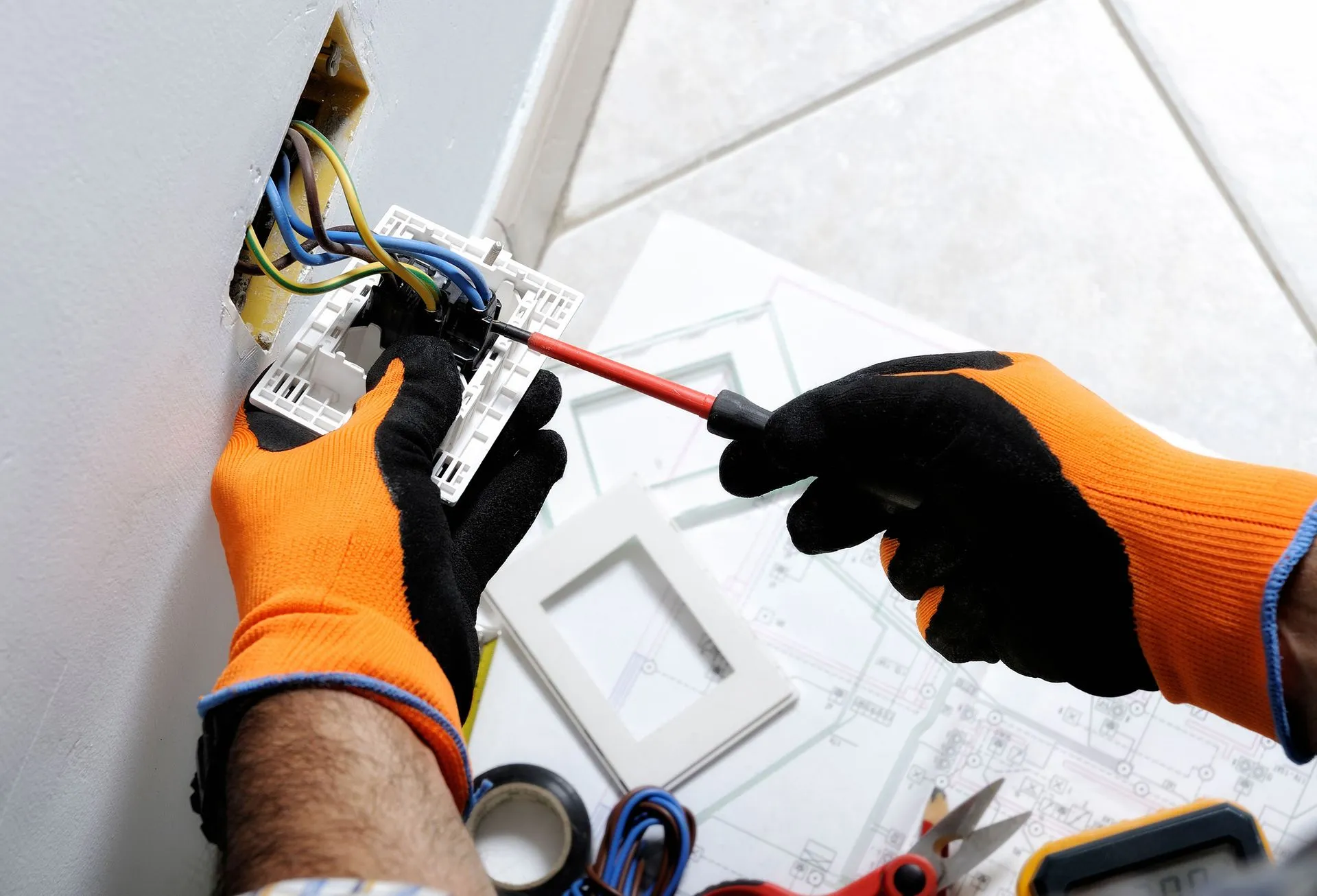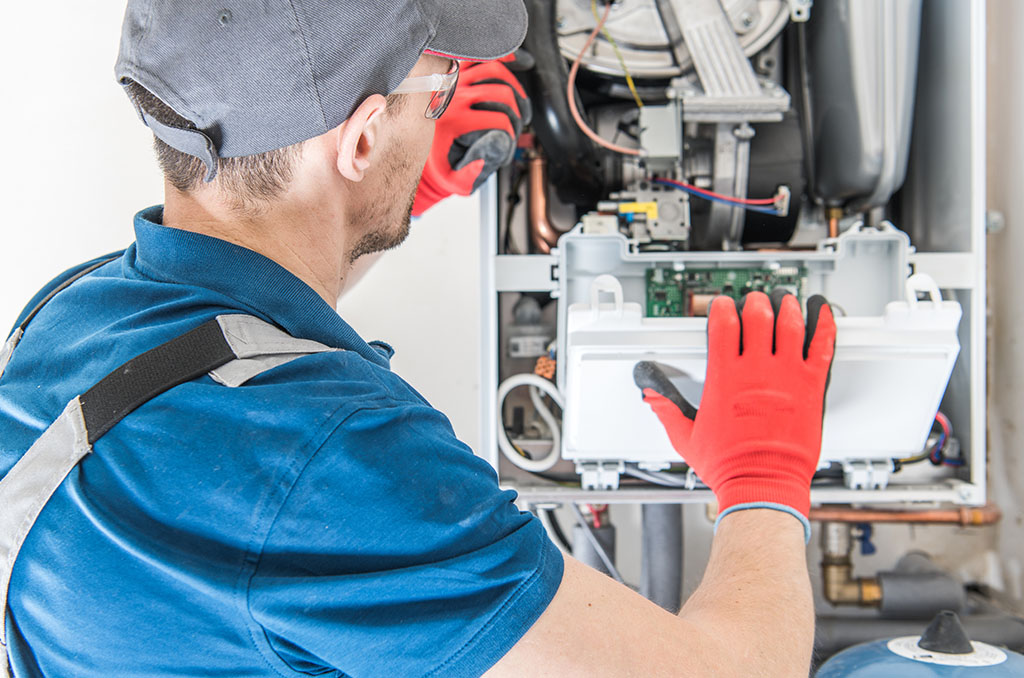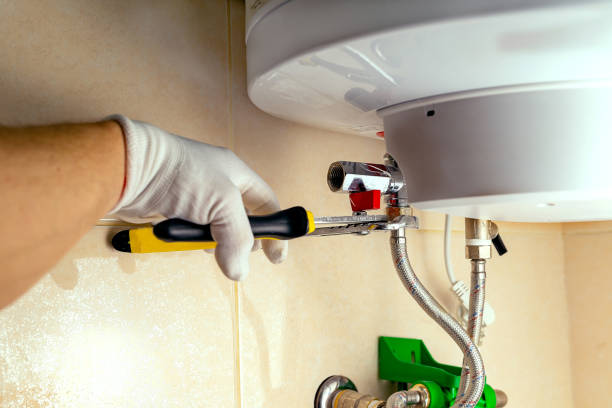Services
Homeshield Inspections we inspect from the roof to the foundation.
Roof and attic inspection
Roof and attic inspection is a critical process in assessing the condition of a property’s upper structure. During this inspection, professionals examine the roof’s integrity, looking for signs of damage, leaks, or wear and tear on roofing materials. They also inspect the attic for proper insulation, ventilation, and signs of water damage or structural issues. This thorough examination helps identify potential issues, ensuring the safety and longevity of the property while addressing any concerns related to energy efficiency and indoor climate control.
Gutters and drainage inspection
Gutters and drainage inspection is a critical process aimed at maintaining the proper functioning of a building’s drainage systems. It involves a thorough examination of gutters, downspouts, and drainage pipes to ensure they are clear of debris and free-flowing. Additionally, inspectors check for any signs of leaks, damage, or corrosion in these components. Proper gutter and drainage systems are essential for directing rainwater away from the building to prevent water damage, foundation issues, and other potential structural problems. Regular inspections help ensure these systems operate effectively and protect the integrity of the property.
Electrical systems inspection
Electrical systems inspection is a thorough assessment of a building’s electrical infrastructure. It involves examining the wiring, circuits, outlets, switches, and electrical panels to ensure they comply with safety standards and regulations. Inspectors look for any signs of wear and tear, damage, or code violations that could pose electrical hazards. This inspection is essential for preventing electrical fires, ensuring a reliable power supply, and maintaining the safety of occupants. Regular inspections can identify issues early, allowing for timely repairs and upgrades to keep the electrical system in optimal condition.
Water heater inspection
A water heater inspection is a crucial task to assess the condition and safety of your water heating system. This inspection involves examining the water heater unit, its connections, and venting to ensure it’s working efficiently and safely. It’s essential to detect any issues early, such as leaks, sediment buildup, or gas-related problems, to maintain a reliable hot water supply and prevent potential hazards like carbon monoxide leaks or water damage. Regular inspections help extend the lifespan of your water heater and ensure it operates at its best.
Plumbing systems inspection
Plumbing systems inspection is a thorough evaluation of a property’s water supply and drainage systems. It involves examining pipes, fixtures, and components to ensure they are in good working condition and free from leaks or blockages. Additionally, plumbing inspections check for compliance with local plumbing codes to ensure safety and efficiency.
Inspectors look for signs of corrosion, water damage, or deterioration in pipes and assess the functionality of fixtures like sinks, toilets, and faucets. A comprehensive plumbing inspection helps identify potential issues early, preventing costly repairs and ensuring a property’s plumbing system operates smoothly and safely.
AIR CONDITIONING INSPECTION
Air conditioning inspection is a crucial process aimed at ensuring the efficient functioning and safety of heating, ventilation, and air conditioning (HVAC) systems in residential, commercial, and industrial settings. During these inspections, trained professionals evaluate various components of the HVAC system, including the cooling unit, ductwork, filters, and thermostat. They check for issues such as faulty installation, inadequate maintenance, and common air conditioner problems like refrigerant leaks, dirty filters, or electrical faults. Proper HVAC inspections help maintain indoor air quality, improve energy efficiency, and prevent potential breakdowns, ensuring a comfortable and healthy environment for occupants.
FURNACES AND HEATING INSPECTION
Furnaces and heating inspection is a crucial process aimed at evaluating the efficiency, safety, and functionality of a property’s heating systems. This inspection includes examining the furnace or heating unit, inspecting ductwork, and assessing components such as heat exchangers, burners, and thermostats. The inspector checks for signs of wear, potential carbon monoxide leaks, and ensures that the heating system operates smoothly. Regular inspections help identify issues early, improve energy efficiency, and ensure that the heating system keeps the home warm during colder months. Ultimately, furnace and heating inspections are essential for both safety and comfort in any property.
KITCHEN INSPECTION
Kitchen inspection is a comprehensive assessment of a kitchen’s safety, functionality, and cleanliness, typically conducted in commercial kitchens, restaurants, and food establishments. During these inspections, health and safety officials or trained inspectors examine various aspects, including food storage and handling practices, equipment maintenance, hygiene, and adherence to health codes and regulations. They look for potential hazards, such as cross-contamination risks, improper food storage temperatures, and sanitation issues. A successful kitchen inspection ensures that food preparation areas are compliant with health standards, minimizing the risk of foodborne illnesses and ensuring the well-being of customers and staff.
SWIMMING POOLS AND SPAS INSPECTION
Swimming pool and spa inspections are thorough evaluations of aquatic facilities, encompassing safety, functionality, and compliance. Inspectors assess safety barriers, structural integrity, water quality, and equipment condition, ensuring these elements meet standards. The goal is to maintain safe and enjoyable swimming environments while identifying potential issues for remediation.
WALLS, FLOORS AND CEILINGS INSPECTION
Walls, floors, and ceilings inspection is a thorough assessment of the structural and aesthetic integrity of the interior surfaces of a building. During this inspection, professionals examine walls for cracks, water damage, or structural issues. They assess floors for wear and tear, unevenness, and potential hazards. Ceilings are inspected for signs of leaks, mold, or damage that could compromise the safety and appearance of the space. This inspection is essential for maintaining a safe and visually appealing environment within a building, addressing any issues promptly to ensure the longevity and safety of the structure.
Basement and crawlspace inspection
A basement and crawlspace inspection is a thorough evaluation of the below-ground areas of a building. It aims to identify structural issues, water damage, and potential health hazards. This inspection typically involves checking for signs of moisture intrusion, such as dampness or mold, assessing the integrity of foundation walls and support structures, inspecting insulation and ventilation, and looking for any pest infestations. The goal is to ensure the basement and crawlspace are in good condition, free from moisture-related problems, and safe for use as intended.
